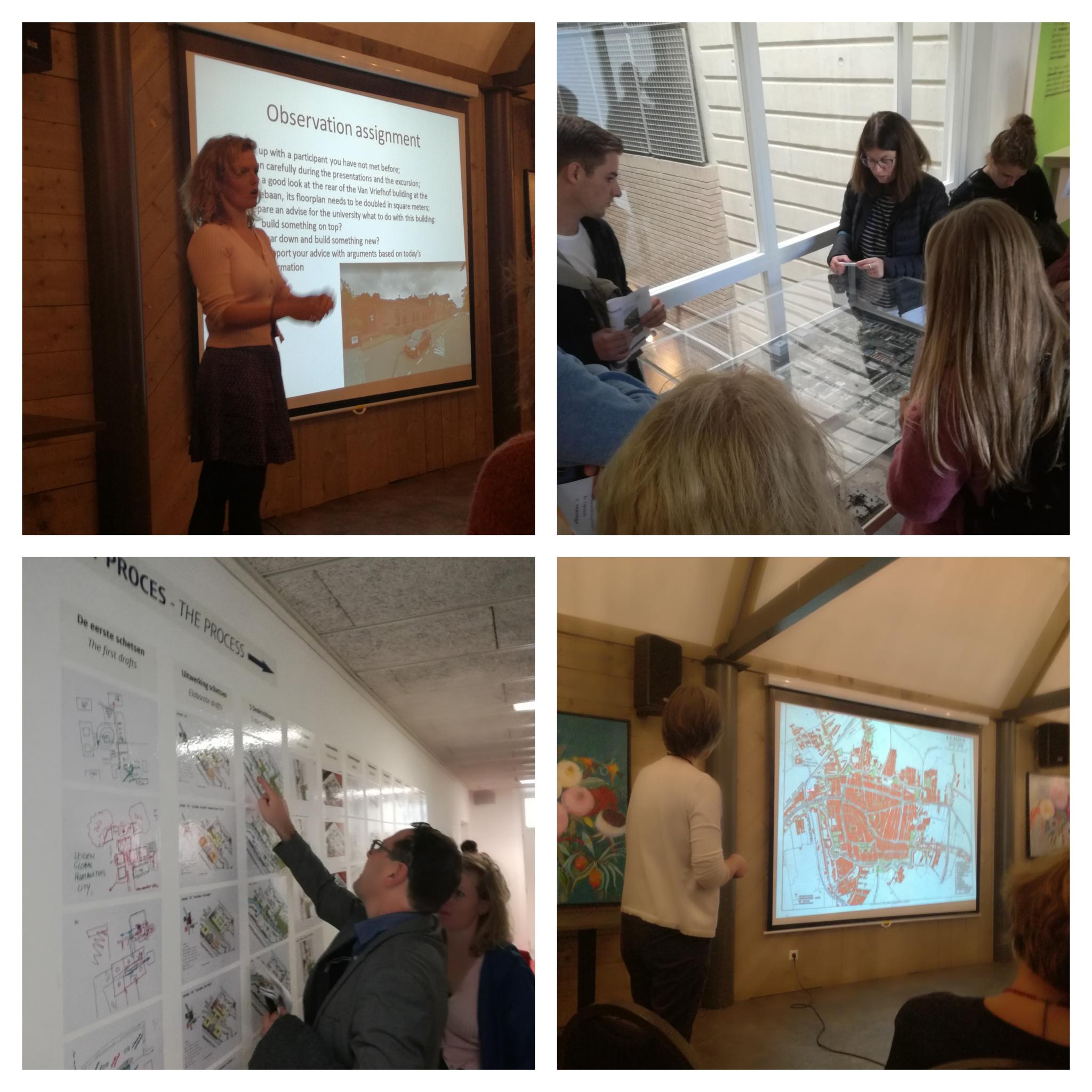“Discover the World at Leiden University.” This is how Leiden University promotes itself. The city of Leiden uses the slogan: “Leiden: Key to Discovery.” The strong similarity between the two is of course no coincidence. Since the founding of the University in 1575, the city and the university have been closely interrelated. Exploration, discovery, studying languages, cultures, arts, the history and material remains of societies worldwide stands at the heart of the University ánd the city.
Participants of the Re-Scape Colloquium on the 11th of October had the opportunity to learn more about how Leiden University has influenced the city of Leiden and vice versa in an ongoing process. The event was organised by the Leiden-Delft-Erasmus Centre for Global Heritage and Development and the VU Amsterdam research institute CLUE+.
The university that mainly resides at the heart of the city of Leiden has already expanded on the outskirts of the city (Bio Science Park) and in The Hague. The gradual increase of students together with the need for renewal of the campus pose challenges for the university and call for action. Therefore, the subject is open for rethinking and debate.
The topics that arose during the discussion were focused on the transformation of the inner-city of Leiden and specifically the Humanities Campus. The program included an observation assignment, for which the participants were guided in the Humanities Campus located in the city centre of Leiden by a housing advisor of Leiden University. The struggle of the university to cover all the diverse needs and cooperate with different stakeholders was highlighted. What is considered as most important through this process of transformation, to keep the character and identity of the university architecture intact or to adjust it to our current needs? Is there room for new development plans in the cityscape of Leiden? And, after all what is the role of heritage in the planning process? One thing that all the participants agreed upon is that it is of great significance that both the university legacy and the history of the city are incorporated in the campus modification process. Only this way the university will maintain its connection to the city and its “sense of place”.
A report by Paraskevi Makridou

